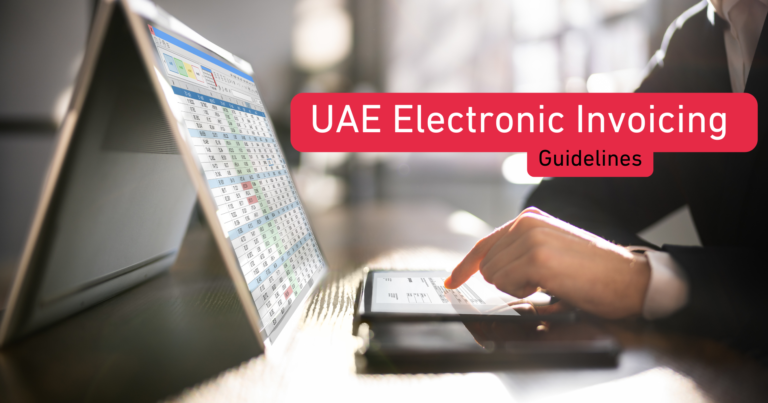
On a Friday evening, shoppers scroll through their phones while food deliveries crisscross Dubai’s neighborhoods. In warehouses near Dubai South, packages are sorted by AI-driven systems for last-mile delivery. At the same time, influencers on TikTok push flash sales that close within minutes. This is the face of Dubai’s fast-growing e-commerce economy—a sector expected to surpass AED 27 billion in value by 2025.
Why E-Commerce is Booming
Dubai’s growth in online retail stems from a mix of demographics, infrastructure, and government vision. With over 95% smartphone penetration, a young consumer base, and advanced payment systems, digital shopping has become second nature. Federal initiatives like the UAE Digital Economy Strategy and Dubai’s Smart City agenda are aligning technology and regulation to accelerate growth (u.ae).
Logistics is another advantage. Jebel Ali Port and Dubai International Airport make the emirate a re-export hub for e-commerce firms targeting the Middle East, Africa, and South Asia. Free zones like Dubai CommerCity and DMCC specialize in digital trade, offering incentives to global platforms and regional SMEs alike.
Growth Engines
• Social Commerce: Platforms such as TikTok, Instagram, and WhatsApp are now direct sales channels, integrating payment and delivery.
• Cross-Border Trade: Regional buyers prefer Dubai-based platforms for reliability and faster shipping.
• *Sustainability: Eco-friendly packaging and green logistics tie into the UAE’s *Net Zero 2050 goals.
• AI & Personalization: Retailers use data analytics to forecast demand and customize user experiences.
• Diversified Verticals: From groceries and luxury fashion to health services, online platforms are broadening offerings.
Evidence on the Ground
Dubai CommerCity has emerged as the first dedicated e-commerce free zone in the region, hosting multinationals and startups with plug-and-play infrastructure. Noon and Amazon.ae continue to scale from Dubai, while niche platforms in fashion, health, and electronics are drawing significant FDI.
Retail groups have embraced hybrid models. Landmark Group, for instance, integrates physical stores with e-commerce, using digital inventory to reduce costs and improve customer reach. Meanwhile, startups leverage accelerator programs within Dubai Silicon Oasis and Dubai Internet City to refine digital retail solutions.
Federal Context
The UAE’s Digital Economy Strategy aims to double the digital economy’s contribution to GDP by 2032. Cybersecurity frameworks and consumer protection laws have been updated to safeguard online transactions, increasing buyer confidence. These national measures, combined with Dubai’s free zone incentives, ensure a unified push for digital trade growth.
Challenges and Adaptation
Intense competition from global platforms, high last-mile delivery costs, and the need for cybersecurity vigilance remain challenges. Yet Dubai is actively experimenting with drone deliveries, EV-based fleets, and blockchain-backed logistics records to keep the sector agile and secure.
Where Momentum is Heading
• E-grocery expansion driven by demand for convenience.
• Luxury e-commerce blending VR/AR experiences with online sales.
• Green logistics reducing carbon footprints across delivery chains.
• Fintech integration in payments through DIFC-backed startups.


